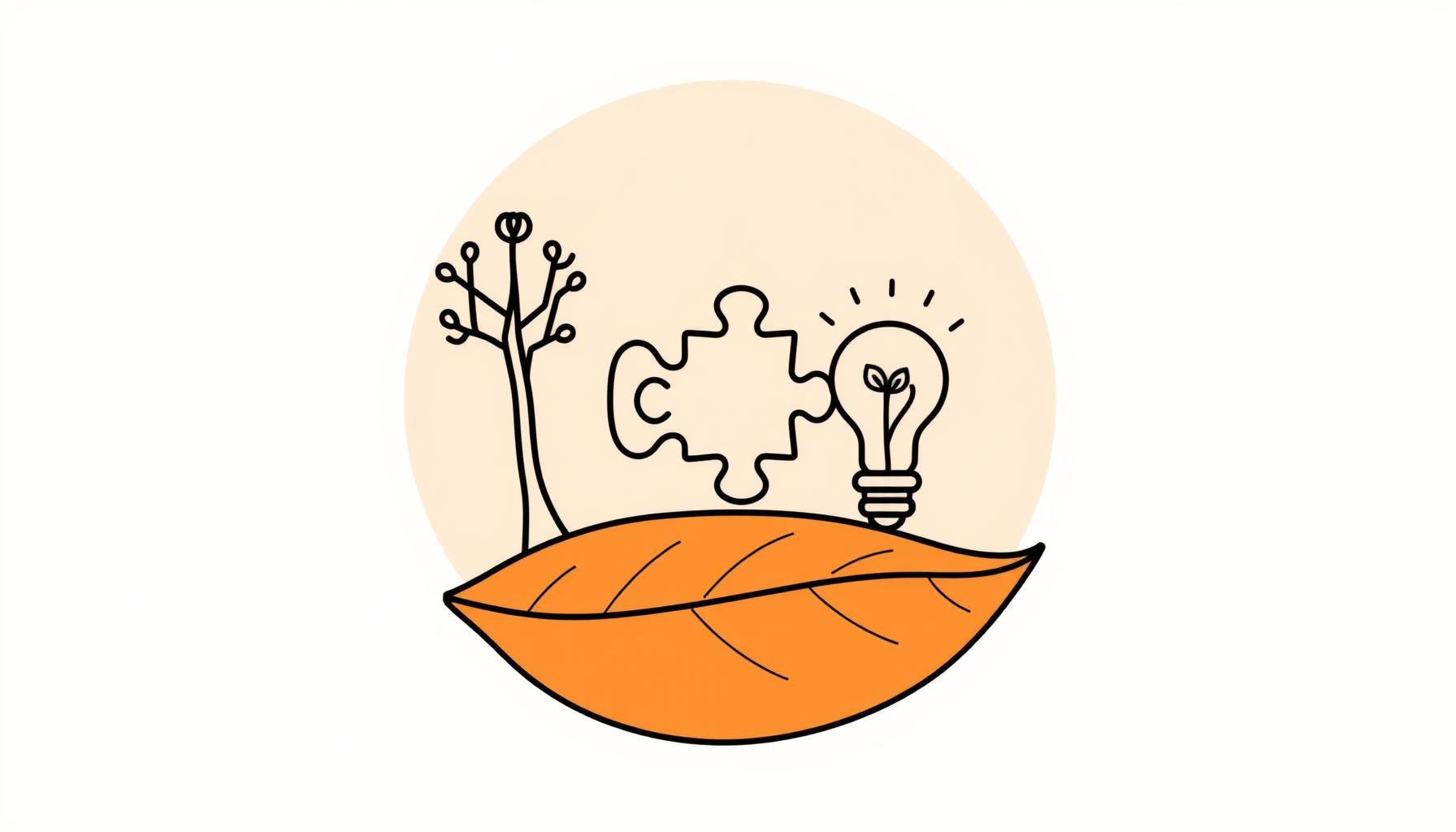
Recent comments by AI expert Jad Tarifi made me stop and think. Imagine spending years climbing a mountain, only to find that by the time you reach the top, the view has already changed. That’s the picture he paints about pursuing a PhD today. He argues the pace of AI evolution is so fierce that by the time you complete such a degree, the technology you studied might already be outdated. It’s a jarring thought, especially for parents wondering: how do we prepare our children for a world where even advanced degrees might struggle to keep up with AI?
Are Degrees Still Worth It in the AI Era?

Jad Tarifi didn’t mince words. In interviews, he claimed that “AI itself is going to be gone by the time you finish a PhD.” He suggested that advanced degrees may no longer guarantee a strong foothold in the workforce, because the pace of change is simply too overwhelming (India Today). To him, the world of robotics, natural language systems, and drug discovery will be so transformed by commercial labs and startups that academic timelines won’t match industry progress. This raises critical questions about AI’s impact on future job security and parenting strategies.
It’s a gut-punch moment for us parents scrambling to plan. Boom—it changes everything! And his challenge isn’t just about PhDs; it’s about questioning whether traditional paths can keep pace with a world that reinvents itself every few years.
How Can Parents Prepare Kids for AI’s Impact?

If formal degrees risk falling behind, what values stand strong? Curiosity. Flexibility. The ability to adapt when the rules of the game change overnight. These are timeless skills that outlast any syllabus. For a child in early elementary school, this doesn’t mean rushing toward coding bootcamps or advanced textbooks. It means nurturing a mindset that sees change as exciting rather than frightening—key parenting strategies for an AI-driven future.
Think of AI as a wave. Trying to build a rigid wall to stop it won’t work. Teaching our kids to surf—to balance, to fall, to get back up with joy—that’s the real preparation. When they see new tools, whether today’s chatbot or tomorrow’s mystery tech, they can approach with curiosity rather than intimidation.
Can AI and Play Coexist in Childhood?

Our children will likely see AI tools popping up like sidewalk chalk—just another fun thing to try! But Tarifi’s comments remind us not to lean too heavily on any single tool. Instead, balance becomes the key—a crucial principle for modern parenting.
One afternoon, imagine your child building a cardboard fort in the living room. Now imagine them asking a voice assistant to suggest designs. The fun isn’t in the assistant’s idea—it’s in the messy tape, the lopsided towers, the triumphant laugh when it finally stands. Whether our kids are building hanok forts or space stations, the digital suggestion is just a spark; the hands-on play is the fire. That’s where creativity, resilience, and joy take root.
How Do We Parent When the Future Shifts?

When degrees lose their permanence, it can feel kinda terrifying at first, right? But maybe it also frees us. Instead of pushing kids toward rigid ladders, we can encourage branching paths. He himself pointed to niche skills and human connection as areas worth exploring. That’s a reminder that empathy, collaboration, and creativity will remain irreplaceable, no matter how fast the tech spins. In understanding education and AI, we find new parenting priorities.
For families, that means weaving in conversations about values as much as vocabulary lists. It means celebrating the courage to try, not only the certificate at the end. When we guide our kids to see life as a journey of discovery, the fear of obsolescence gives way to excitement about what’s next.
What Parenting Strategies Work in the AI Age?

So how do we take Tarifi’s warning and turn it into action at home? Here are a few ideas:
- Encourage curiosity: Ask open-ended questions and let kids lead the exploration, even if it veers into silly or unexpected places.
- Blend tech with play: Allow limited screen time with educational AI tools, but pair it with real-world experiences—drawing, building, running outside.
- Celebrate mistakes: When a project flops, cheer for the effort. Show them that learning happens in the stumble as much as the success.
- Model adaptability: Share your own small pivots—trying a new recipe, learning a fresh skill—so they see that change is not just survivable, but joyful.
These practical parenting strategies don’t require us to predict AI’s future. They just prepare our kids to step into it with steady hearts and curious minds.
Food for Thought
Jad Tarifi’s claim that PhDs may be outdated before they’re even earned is more than a critique of academia—it’s a wake-up call for us as parents navigating education and AI. It pushes us to ask: are we raising children to cling to fixed structures, or to dance with change?
On a clear summer evening, when the sky feels wide and boundless, it’s easy to see the parallel. The future our kids face is just as open, just as shifting, and just as full of possibility. Our role isn’t to map every star for them—it’s to grab that telescope together, giggling when you bump heads adjusting the lens—that messy joy is the point. And what a joy it will be to watch them find their way.
Source: Ex-Google GenAI founder says \”AI is going to be gone by the time you finish a PhD\” — higher education degrees can’t keep up, Windowscentral, 2025-08-19 15:11:27
